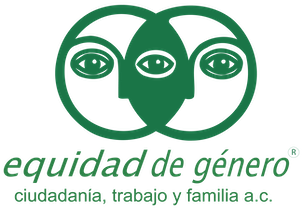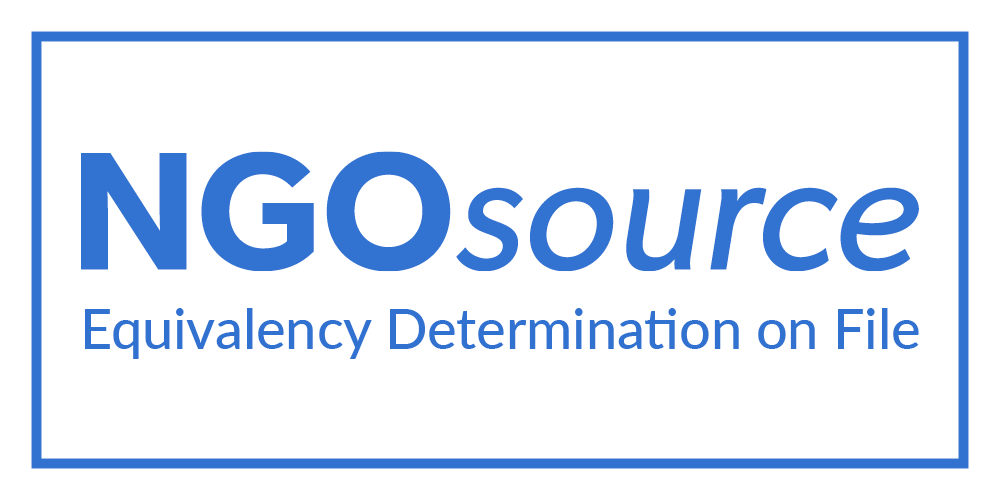
Women’s Working Group on Financing for Development
Webinar Series
Macro Solutions for Women, the People and the Planet
A series of action-oriented dialogues on the macro agendas and the current crises
Now is the time to act on debt from a feminist perspective
By Denisse Vélez Martínez
The Covid-19 pandemic revealed and exacerbated a crisis that was already negatively affecting women’s rights and gender justice: the debt crisis. Financial phenomena are often seen as purely technical, with no impact on the exercise of rights, but they are not. Different feminist economists have pointed out, for example, the implications of sovereign debt on the provision of public services.
In this second conference of the Virtual Lectures Series organized by the Women’s Working Group on Financing for Development, panelists presented a feminist analysis of debt, seen as a systemic phenomenon of deep historical roots that show power relations between countries. Speakers included Iolanda Fresnillo (EURODAD), Patricia Miranda (LATINDADD) and Lidy Nacpil (Asian Movement on Debt and Development); Emilia Reyes (Co-Coordinator of the Women’s Working Group on Financing for Development and Director of Gender equality, citizenship, work and family) as moderator.
At the beginning of the session, the issue of debt was referred to as a matter of interest for the feminist movement, due to its articulation with other oppressions, such as coloniality and patriarchy. It was highlighted that since before the health crisis caused by COVID 19, it was already a latent concern among feminist activists, given the rapid increase in debt in relation to government revenues, driven by the international financial architecture that privileges profit at all costs, a phenomenon which some feminists conceptualize as the financialization of existence.
The experts insisted on the need to approach this phenomenon from a historical perspective, since it has its origins in colonialism, and it evolves and lasts until today. It is essential to understand that debt is contracted to satisfy the interests of creditors and not those of indebted countries, and to refute, among other things, that financial flows go from North to South. Lidy Nacpil pointed out the importance of analyzing net financial flows, since, in fact, wealth is mobilized in the opposite direction, from South to North, considering all the resources that are lost due to commercial clauses, evasion and avoidance of taxes, interests and debt service payments; And if we add to this the history of extractive activities of the so-called developed countries in the territories of countries of the global South, we will realize that the true debtors are the creditors.
The experts point out that both before and in the current context, this phenomenon has produced an impact on human rights, especially on the rights of women and girls. This is because governments prefer to allocate more and more of their budgets to debt payment and not to finance the provision of public goods and services, which negatively impacts women in different dimensions and levels.
The experts point out that both before and in the current context, this phenomenon has produced an impact on human rights, especially on the rights of women and girls. This is because governments prefer to allocate more and more of their budgets to debt payment and not to finance the provision of public goods and services, which negatively impacts women in different dimensions and levels. On the one hand, through their unpaid work, women fill gaps in health, education and other services that the State should guarantee for care; on the other, they are affected by budget cuts to programs for the care, prevention, punishment and eradication of violence against women, programs that not only should not be restricted, but would have to improve and expand, since there is a wide evidence of how in periods of crisis and confinement such violence increases significantly. Furthermore, as paid workers, they are also affected by pressure on employment and wages, as well as by the unjust social organization of care.
The increase in debt and the previous austerity and privatization measures that suffocate the countries of the global South have reduced their margin of action to face the COVID attacks. The strategy of the international financial institutions has been limited, since on the one hand they propose to suspend the payment of debt for some countries, and on the other, greater indebtedness. In countries that do not have fiscal space or sovereignty over their monetary policies, emergency funds are being financed by loans, since the reduction in exports, prices of consumer goods, tourism and remittances has plummeted incomes Adding to this the flight of capital. In this regard, Patricia Miranda indicated that these new debts are neither sufficient resources nor a solution; rather they constitute a burden that will increase inequalities.
The discussion in the framework of this series of virtual conferences allows us to be clear, as feminists, the arguments to point out that debt is not a problem that admits short-term solutions; We need to solve it strategically, with long-term proposals that reformulate and rebuild the economy. We need to question which projects are financing the debt and what are the financial innovations in the global architecture that seek to perpetuate the structures of inequality, call into question the payment of the debt, speak out for countries that decide to put the rights of their inhabitants before to the interests of creditors, and show that the debt can be neither green nor fair if it is based on a conditioning factor; As Iolanda Fresnillo mentioned, let’s think of a feminist mechanism for a fair and transparent debt!
Co-Convenors Women’s Working Group on FfD:
Rosa Lizarde, Global Director, Feminist Task Force, Global Director; and Co-Convenor, Women’s Working Group on FfD. rosa.lizarde@feministtaskforce.org
Emilia Reyes, Program Director, Policies and Budgets for Equality and Sustainable Development, at Gender Equity: Citizenship, Work and Family; and Co-Convenor, Women’s Working Group on FfD. emilia@equidad.org.mx
In Equidad de Genero we will be publishing reviews [EN-ES] of the webinar series, which will be available on Women’s Working Group on Financing for Development YouTube channel.


